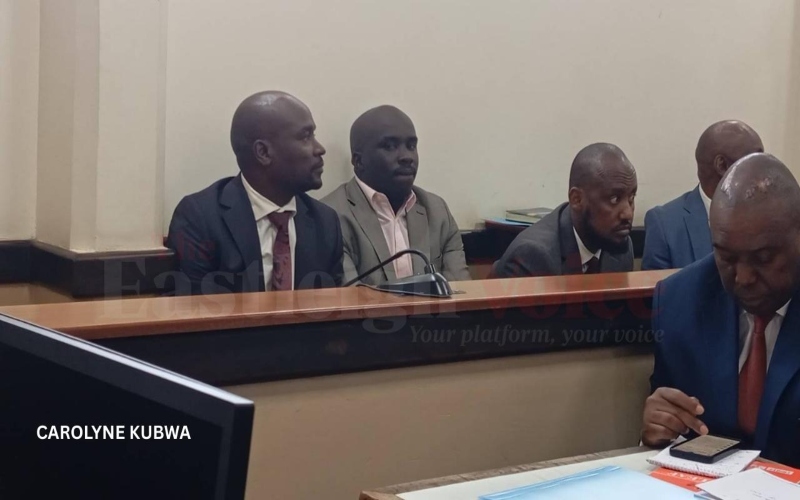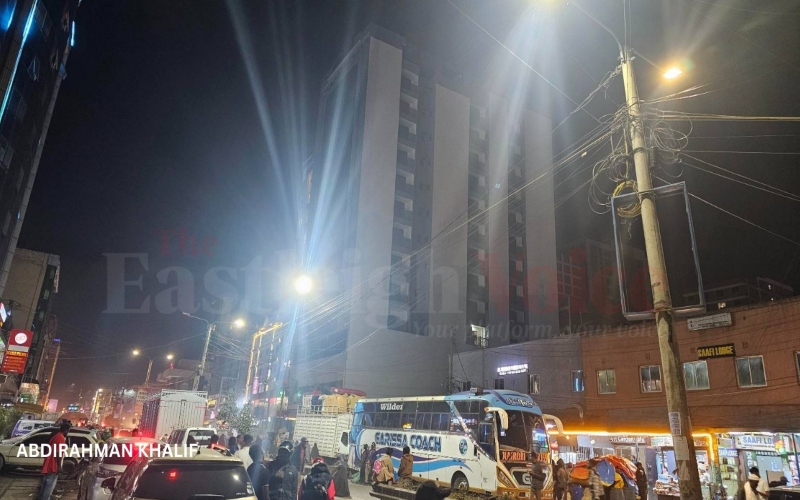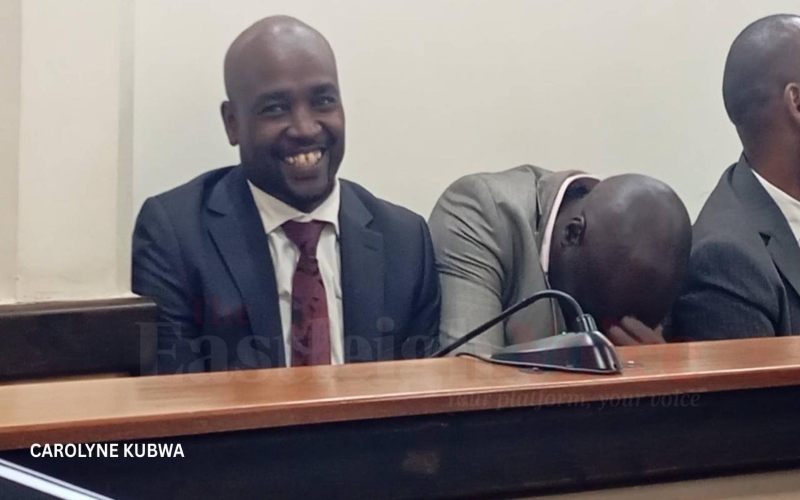How civil servants are illegally drawing salaries from both counties, National Government

The audit, covering the financial years 2021–22, 2022–23 and 2023–24, reveals widespread misuse of taxpayer money, with employees appearing on more than one government payroll.
A special audit by Auditor General Nancy Gathungu has uncovered cases of civil servants illegally earning salaries from both county and national governments, in breach of the Constitution and public service laws.
The audit, covering the financial years 2021–22, 2022–23 and 2023–24, reveals widespread misuse of taxpayer money, with employees appearing on more than one government payroll.
More To Read
- Bomet Governor Hillary Barchok released on Sh15 million bond
- Bomet Governor Hillary Barchok arraigned in Sh2 million graft case
- Ex-Bungoma Governor Wycliffe Wangamati, 11 co-accused arraigned over alleged graft
- Barchok and Wangamati spend night in custody ahead of arraignment on graft charges
- Auditor General flags Sh678 million losses at KNH from NHIF, Linda Mama contracts
- EACC summons Governor Hillary Barchok, ex-Bungoma County boss Wangamati and 12 others over graft
Article 77 of the Constitution and the Leadership and Integrity Act prohibit public officers from holding multiple gainful jobs, warning that such conduct could compromise integrity and lead to conflicts of interest.
The Ethics and Anti-Corruption Commission (EACC) has previously described double employment as unethical, noting that it denies opportunities to millions of unemployed Kenyans.
In 2023, the commission successfully challenged the case of Jomo Kenyatta University of Agriculture and Technology lecturer Agnes Wanjiru, who was also a board member at the Kirinyaga County Assembly. The court declared her dual engagement unconstitutional.
The Auditor General’s report details several cases across different counties. In Vihiga, a county employee worked for both the county executive and the Teachers Service Commission, earning Sh156,150 in the 2022–23 financial year.
In Kwale, a teacher received Sh625,520 in county pay over eight months before abandoning the role, while in Mandera another teacher collected Sh390,471 from the county while still on the TSC payroll.
In Trans Nzoia, two employees in 2021–22 drew Sh833,409 in total while serving more than one government entity.
Machakos County was flagged for having nine employees on dual employment between 2022 and 2024, who earned Sh6.51 million from the county and Sh6.52 million from other government bodies during the same period.
The audit also cited Migori, where an employee shared a national identification number with another worker employed elsewhere in government.
That case involved Sh357,230 paid by the county and Sh810,684 from another entity. Kisumu also had instances of officers drawing pay from different government bodies.
In Wajir, one employee was found to have received Sh2.48 million over three years from both the county executive and the Teachers Service Commission. A similar situation was flagged in Kiambu, where a TSC teacher was simultaneously engaged by the county.
According to the Auditor General, the findings point to systemic weaknesses in payroll management and present “a risk of overpayment and loss of public funds” through ghost or duplicated employees.
Top Stories Today











































